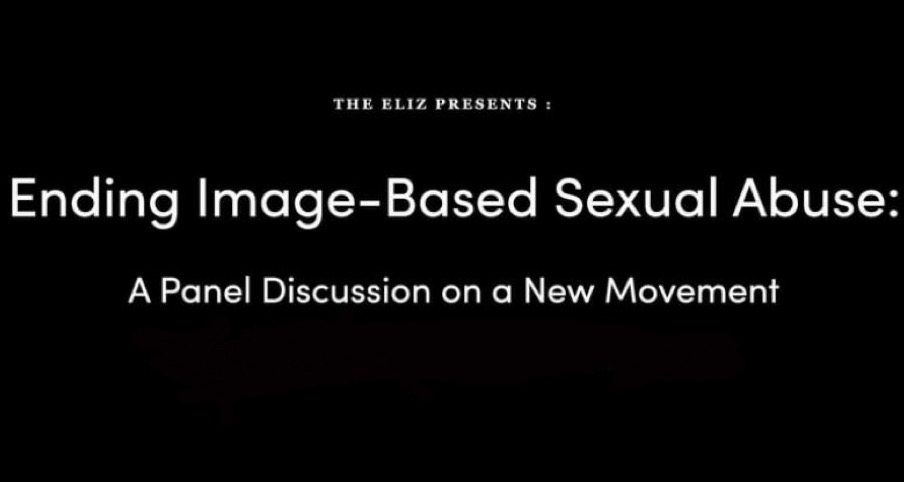The Elizabethan Society (the Eliz), founded by the first female student to attend Trinity, was the first society on campus to allow female membership. Having since merged with the Dublin University Philosophical Society (the Phil), it now hosts events for and by women and non-binary people. This week, when the society hosted a Zoom panel on image-based sexual abuse (IBSA), this historical context served as a meaningful backdrop.
To preface the discussion, Kate Maher, president of the Phil and the Eliz, reminded attendees why this discussion was particularly prescient in December 2020. Last month, a discord server with over 500 participants that distributed hundreds of thousands of non-consensual explicit images of women and girls, was uncovered by activists, including panelist Amy Keeley Burke, whose photos were also in the file. These same activists banded together to form End IBSA Ireland, a group which campaigns for meaningful legislative reform and education on this issue.
Eboni Burke, another panelist and co-founder of End IBSA Ireland, made a call for online protesting on November 28th. Among those present were fellow panelists Eva O’Beirne and Shane Murray, who both work on the social media teams. Legislation aiming to tackle IBSA is currently making its way through the Oireachtas – a development that can be accredited, in many ways, to the work of this group.
Maher began by asking the panel what good allyship actually looks like. Murray said that victim-focused support should always be prioritised, while Keeley Burke explained that “foremost, you need to believe victims”, but also evaluate your own actions and those around you. At the end of the day, as Maher noted, this is not some abstract idea.
The upsetting dehumanisation of survivors was a running thread in the conversation. O’Beirne reminded attendees that while one section of the internet was networking and supporting each other to affect change, there was another section experiencing “almost joy” when searches related to the images were trending on porn websites for days afterwards.
Even the mainstream media’s approach left much to be desired, treating the issue as one that would roll over rather than “with the sensitivity it deserved”, Eboni Burke said. She went on to say that journalists often “crossed a line” while quizzing victims on their experiences, adding that there was even a growth in membership in some of the servers once national attention was acquired.
It is widely thought that IBSA can’t be ended as long as there aren’t institutional repercussions against those perpetrating the abuse. Keeley Burke’s warning was that, from her examination of the forums, activity won’t slow down unless it has to. “They know they’re getting away with it and they don’t care.”
The future of the movement is multifaceted. Legislation is now in the hands of the democratic process for the most part, though End IBSA Ireland seem ready to fight for the most robust and inclusive legislation possible. O’Beirne, along with others, has even compiled information on the legal loopholes of the proposed bill.
Other future projects include brochures on how to teach children of any age about consent, which, according to Murray, will instruct parents on how to start valuable and translatable conversations like: “Is it ok for me to hug you?” More immediately, Eboni Burke emphasised the need for continued action. She reinforced that these issues are generally symptomatic of wider problems that can be tackled with effort: “We are not going away, we are only just going to get bigger.”
There does seem to be light at the end of this tunnel. Yes, this activism is straining, difficult and complicated but Eboni Burke stands strong in the belief that: “The best way to actually take power out of people’s hands from the servers is to be hopeful – even if you don’t know what that hope is that you’re promising.” The fact that these conversations are being had and heard is evidence of a change for the better. At the end of the panel, Maher congratulated the speakers, saying: “I would get an audience to give you a round of applause but we’re on Zoom.” Don’t worry, we’re clapping.







